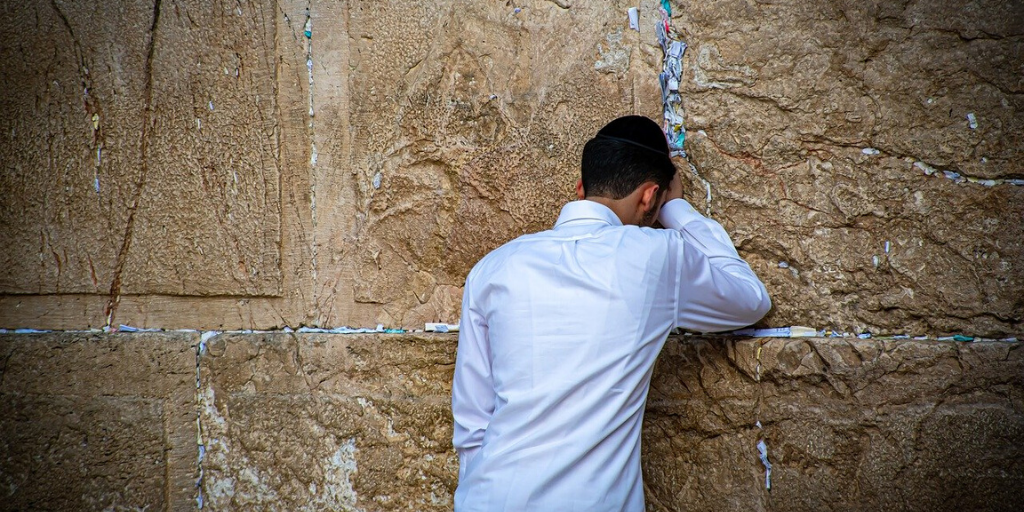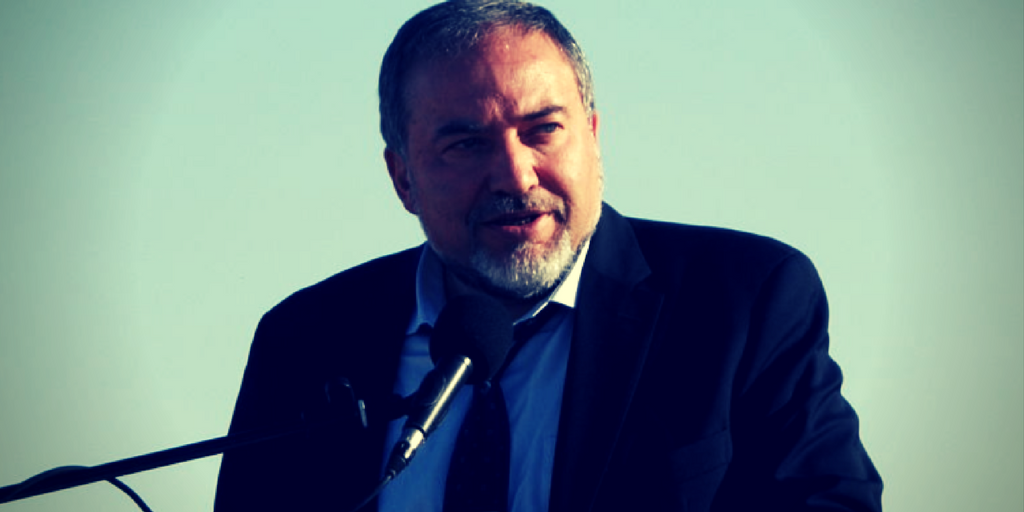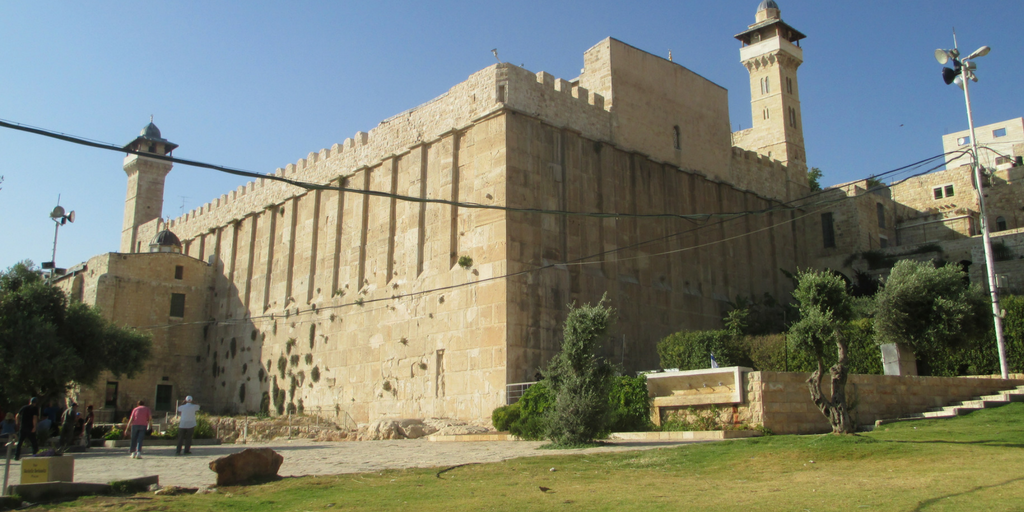For its long term survival and security Israel needs strategic coherence, not haphazard tactical machoism.
There is no difference between an attack that ends in murder and an attack that ends with serious injury. In both cases the homes of the terrorists must be destroyed – Defense Minister Avidgor Liberman, Oct 29, 2007.
Earlier this week, Defense Minister Avigdor Liberman instructed the Defense Ministry’s legal team to explore avenues that would extend the ability of the IDF to destroy not only the homes of terrorists who have murdered Israelis, but also of terrorists who have severely wounded them. Currently home demolitions are restricted to cases of terror attacks that result in the death of Israelis.
Is incompetence reason for clemency?
In justifying his proposal, Liberman claimed that Israel’s policy of home demolitions has proven itself an effective deterrent against terrorism, and there is no reason to distinguish between the different types of attacks whose purposeful intent was the slaughter of Israelis.
Prima facie, this contention has a sound ring of logic to it. After all, why should the murderous intent of one terrorist be treated less harshly simply because the harm inflicted was—despite that intent—less “successful” than those of another nefarious perpetrator?
After all, if home demolitions are, as Liberman claims, an effective measure in reducing the mortal danger to Israelis, why not apply it to any terror attempt—whether successful or not? Indeed, one might well ask, why should the efficiency of Israel’s counterterror operations be a mitigating factor in dealing with any thwarted would-be Judeocidal butcher?
But perhaps even more to the point is this: If home demolitions are in fact an effective terror deterrent, then perhaps even more than the actual perpetrators, who murder or maim their victims, this measure should be applied to those who plan, finance or incite such atrocities.
Indeed, given that frequently, the perpetrators themselves are willing to sacrifice their lives in the commission of their brutal acts, it could well be that the threat of having one’s residence razed might have greater deterrent effect on those responsible for planning, funding and inciting such acts—and who do not seem to share such a manifest death-wish as their more dispensable kinsfolk.
Correctly conceptualizing the conflict
Critics of home demolitions, in general and certainly of any expansion of its application such as advanced by Liberman, in particular, allege that, as it entails inflicting punishment on the families of the perpetrator for acts they did not commit, it is inherently unfair. Accordingly, its use should be prohibited or at least severely curtailed.
While this characterization might be factually true, in the context of the Israeli-Palestinian conflict it is operationally (and ethically) irrelevant.
It should be almost self-evident that to arrive at some kind of durable resolution of the conflict and the lasting cessation of violence, the conflict must be correctly conceptualized. This is not a prescription for abstract theorizing detached from the harsh and harrowing realities of day-to-day experience. Quite the opposite. Unless the conflict is correctly conceptualized, no effective policy can be devised to contend with it –and certainly not to end it. Indeed, just as a disease cannot be properly treated if incorrectly diagnosed, so a conflict cannot be correctly addressed if it is incorrectly conceptualized.
Little analytical acumen is required to draw the conclusion that the conflict between Arab and Jew over control of the Holy Land is a clash between two collectives: A Jewish collective and an Arab collective—for which the Palestinian collective is its operational spearhead.
In this regard, during a November 2015 address, then-defense minister, Moshe “Bogey” Yaalon, aptly characterized the conflict as a clash of collectives, describing it as: “…predominantly a war of wills, of two societies with conflicting wills.”
Accordingly, the conflict, as one between collectives, cannot be individualized. One collective must prevail, the other be prevailed upon. Only then, after such a decisive outcome, can the issue of personal misfortune or injustice within the collectives be addressed.
Collective punishments for collective conflicts
If the clash is essentially one between collectives with conflicting societal wills, then clearly, for one collective to prevail over the other requires breaking the will of the rival collective.
Consequently, any wrongdoings perpetrated in the name of the Palestinian collective must carry a price, for which the collective pays – for if not, it will have no incentive to curb them.
In this regard, it must be kept in mind that the Palestinian population is not, as some might suggest, a hapless victim of the terror groups, rendering it blameless for the atrocities committed in its name. To the contrary, it is the very crucible from which such groups have emerged. By its own hand, by its own deeds and declarations, it has made it clear that it will not—except on some temporary, tactical basis–brook any manifestation of Jewish political independence or national sovereignty “between the River and the Sea”.
Indeed, a July 2017 survey by Palestinian Center of Policy and Survey Research, found that within the Palestinian collective, there is virtually unanimous endorsement of the acts of terror perpetrated against the Jewish collective and similar sympathy and support for perpetrators. According to its findings, “an almost total consensus rejects pressure on the PA to terminate payments to Palestinian security prisoners [i.e. jailed terrorists- MS]” and “91% are opposed to the suspension of PA payments to Palestinian security prisoners in Israeli jails; only 7% support such measure.”
Putting home demolitions in perspective
Accordingly, in the context of a clash between conflicted collectives, the issue of the “collective nature” of punitive measures should not be considered grounds for their preclusion.
After all, this was never a consideration in, say, Serbia, where markets, hospitals, buses, bridges and old age facilities, to name but a few civilian targets hit in high altitude bombing sorties in the US-led NATO attacks in the Balkans War of the 1990s.
Moreover, as polls repeatedly show, terror attacks against Israelis are not something foisted on a reluctant peace-seeking Palestinian population, but are in fact, widely embraced by it—reflecting nothing more (or less) than vox populi.
Seen in this light, home demolitions and the extension of their imposition on perpetrators of non-lethal terror attacks (or even planners and facilitators of such attacks) are entirely appropriate if they:
– militate towards diminishing dangers to which members of the Jewish collective are exposed; and
– diminish the will of the Palestinians-Arabs, as a collective, to carry out assaults against Jews (as a collective).
However, unless integrated into a wider conceptually coherent strategic policy, home demolitions, like any other operational tactics, such as targeted killing, are unlikely to be effective in any meaningful way. This is particularly true if the affected family members are allowed to receive aid to quickly rebuild an alternative abode and financial compensation for their kinsman’s commission of the act for which their home was demolished.
Lack of strategy stymies tactics
Indeed, while it might be possible to present data showing that harsh punitive and/or preventative measures—whether house demolitions, administrative detention or targeted killings—may have reduced the frequency of terror attacks, even their most fervent proponents will be forced to admit that they have not been able to terminate such attacks. And certainly they have been unable to break the terrorists’ will to undertake them.
Nor will they ever be able to do so, if they remain detached from a wider strategic blueprint, which draws on the awareness that in the ongoing clash between two collectives with irreconcilable core aspirations, only one can prevail.
This calls for Israel to cease relating to the Palestinian-Arab collective as a prospective peace partner, and to begin relating to it as it relates to itself—as an implacable enemy. Only then can a coherent, comprehensive and logically consistent strategy be fashioned in which Israel ceases to sustain an inimical collective by gradually ceasing to supply it with goods and services it needs for its existence. In applying such a strategy, a clear distinction should be made between the belligerent Palestinian-Arab collective and non-belligerent Palestinian-Arab individuals.
The former must be unequivocally and unmercifully vanquished and dismantled. The latter must be provided with the means to seek a better, more secure life elsewhere in third party countries, outside the “circle of violence” and free from the clutches of the cruel corrupt cliques who, for decades, have wrought nothing but disaster and devastation upon them.
Strategic coherence not haphazard tactical machoism
Only once such a strategic approach is adopted, can various operational tactics –such as an enhanced demolitions policy—be effectively incorporated into it as tools to achieve strategic goals. Until that happens, until Israel foreswears any aspirations of reaching some consensual arrangement with the Palestinians, harsh tactical measures will always, to some degree or other, be at cross purposes with ostensibly more benign strategic objectives. Until that happens, Israeli policy will be plagued by internal contradictions that hamstring its implementation and the effectiveness of its operational tactics, making it appear disingenuous and devious—and an easy target for international acrimony and opprobrium.
Surely it is high time for the national leadership to grasp these almost self-evident truths and demonstrate an awareness that for its long term survival and security, Israel needs strategic coherence, not haphazard tactical machoism.







